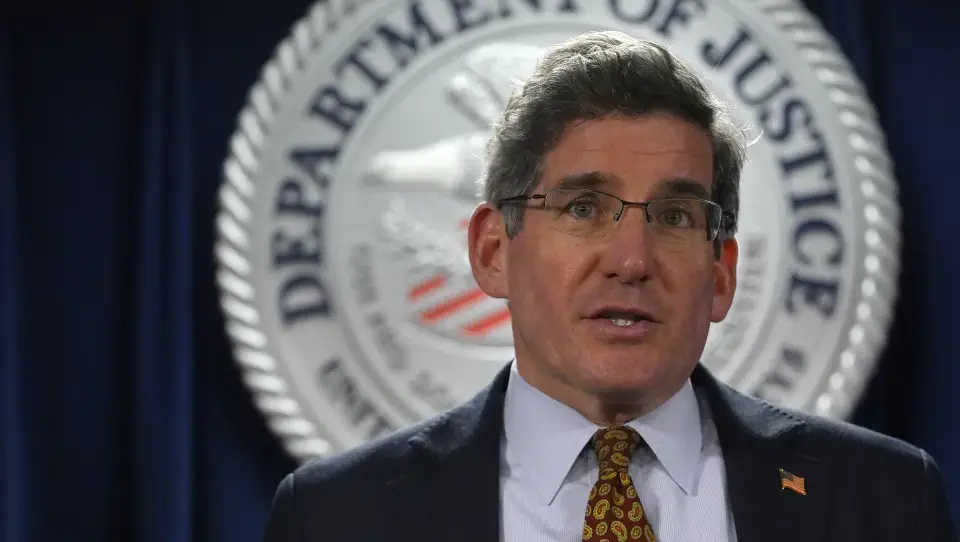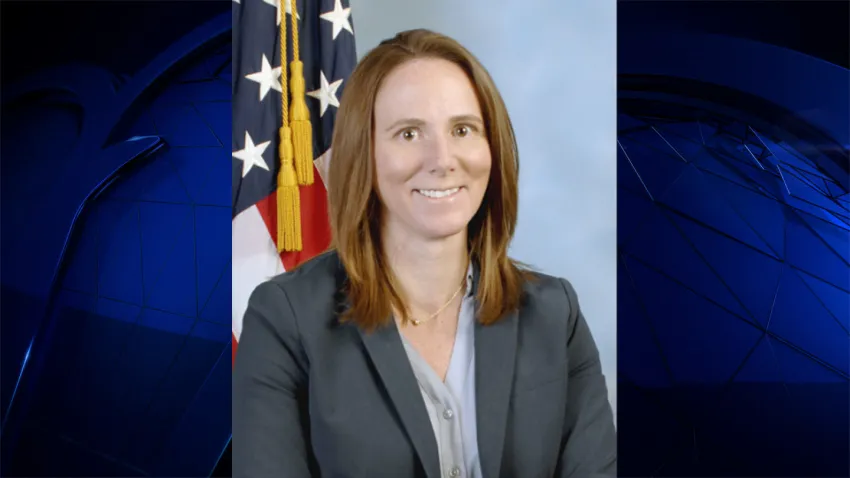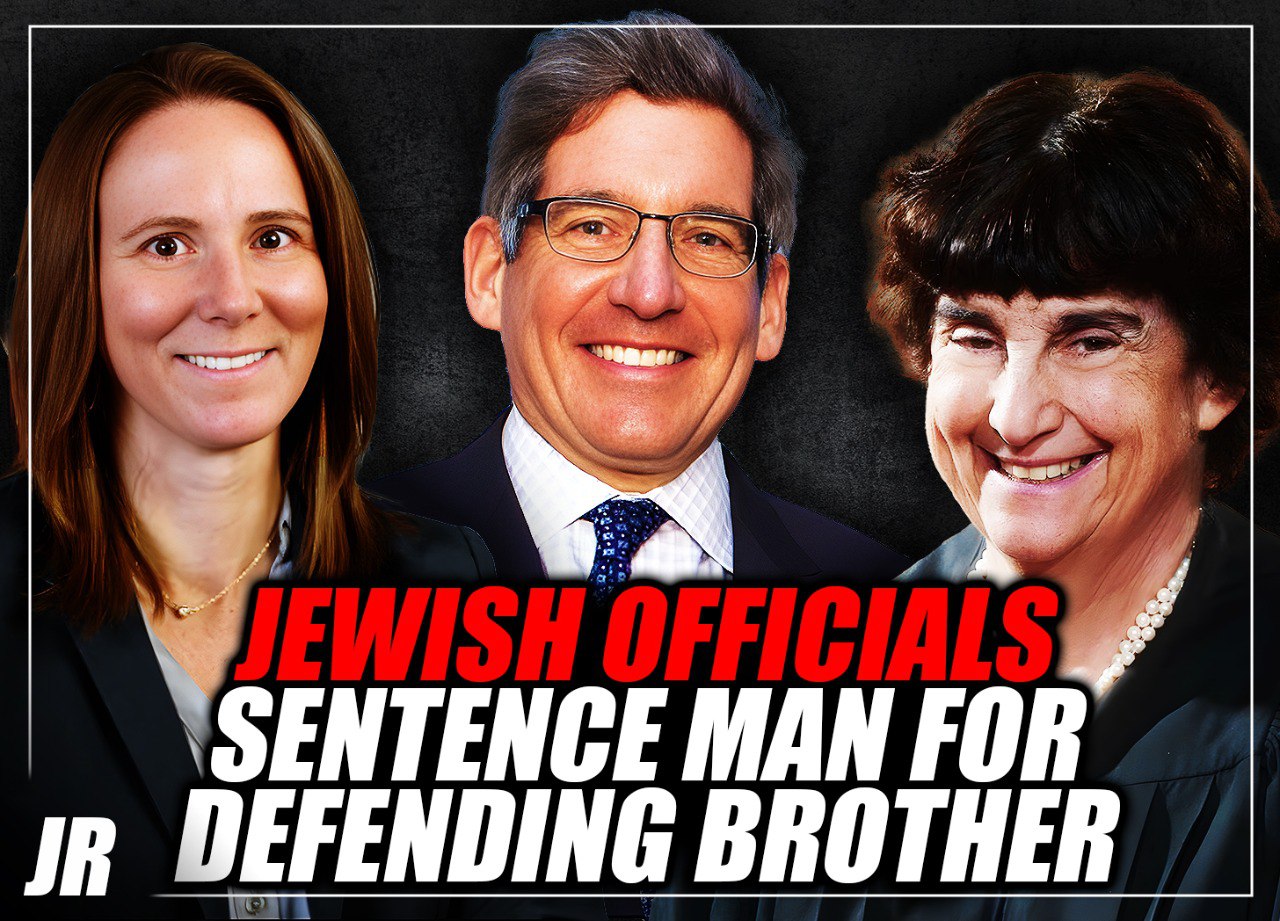The Justice Report is a reader supported publication. Support our work by becoming a paid subscriber or making a one-time donation.
Boston, Massachusetts – A Massachusetts man has been sentenced to 3.5 years in prison and 3 years of supervised release, after being accused of obstructing an FBI hate crime investigation into a series of arson attacks targeting Jewish institutions in the Boston area—allegedly carried out by his now-deceased brother.
37-year-old Alexander Giannakakis—a former security contractor who helped protect the US embassy in Sweden—pleaded guilty in November to concealing records in a federal investigation, tampering with documents and objects, and tampering with an official proceeding. Giannakakis had faced a potential sentence of up to 60 years and a $250,000 fine.
According to the Justice Department, Giannakakis’ younger brother—whose name has not been disclosed—was the primary suspect in a federal investigation launched in February 2020.
The probe focused on four arson incidents from May 2019, including two fires at a Chabad Center in Arlington, one at a Chabad in Needham, and another at a Jewish-owned business in Chelsea.

The Justice Department stated that when Giannakakis’s brother was identified as a suspect, he was in a coma after suffering a gunshot wound to the head. His death in September 2020 was later ruled a suicide.
Prosecutors allege that shortly after his brother was named a suspect, Giannakakis left for Sweden, taking his sibling’s electronic devices and documents with him.

When Giannakakis returned to the United States in March 2020, the FBI executed search warrants at the family home in Quincy. In his younger brother’s bedroom, agents discovered a jacket and other clothing matching what the arsonist allegedly wore during two of the fires.
Investigators also found antisemitic writings, including a statement that read, “We must kill, we must kill all Jews. That is simply essential.” Additionally, a bottle of flammable liquid was recovered from the room, which was determined to be consistent with accelerant traces found at two of the fire scenes.
During the search, agents asked Giannakakis if his brother’s belongings might be stored elsewhere, to which he responded, “No.” He later voluntarily led them to a family storage unit nearby, but a search of the space yielded no relevant evidence.
However, prosecutors claim Giannakakis failed to disclose a second storage unit at the same facility that he had allowed his brother to use. Inside, investigators reportedly found his brother’s passport, a notebook with his sibling’s name on the cover and a swastika drawn inside, T-shirts displaying a swastika, and a backpack containing cyanide.
Two days later, Giannakakis allegedly returned to the storage facility, removed his brother’s belongings—including the backpack and the bottle of cyanide—and flew back to Sweden that night.
Federal prosecutors said Giannakakis remained in Sweden until his arrest by Swedish authorities in February 2022. He was later extradited to the United States to face charges. Instead of fighting the case, Giannakakis took a plea deal where the prosecutors agreed to recommend a prison term of only 3 to 4 years.
In their sentencing memorandum, Giannakakis’ attorneys argued that his actions were not fueled by “extremist ideology” or “hateful bigotry” but rather by a desperate attempt to preserve his brother’s memory, which had been shattered. They added, “Alex remains deeply remorseful for his choices and actions that led to his obstruction offenses.”
According to former United States Attorney for the District of Massachusetts U.S. Attorney Joshua Levy who oversaw the case, “Alexander Giannakakis chose to destroy evidence and conceal these hate crimes and for deciding to stand on the side of acts of vile antisemitism,” he further declared that “It is incumbent on every person in the District of Massachusetts to call out acts of racism and bigotry, and to report hate crimes.”
Levy announced that he would be resigning from his position on January 6th, days before President Donald Trump’s inauguration. He officially stepped down on January 17th
Following his announcement, Levy participated in a rare roundtable discussion with the press, offering insights into his tenure. As the conversation drew to a close, the discussion took a personal turn, with Levy reflecting on his life’s journey.
“My grandparents came to this country without knowing a word of English. My grandmother grew up in Poland in a home without plumbing. My grandfather once worried that I might lose my job if my law firm found out I was Jewish,” Levy shared. “So, looking at the path I’ve traveled, I’m incredibly grateful for the opportunity to serve the public and to lead this office.”

Levy does not appear to be the only Jewish official involved in the case. The judge who sentenced Giannakakis—U.S. Judge Patti B. Saris—has previously shared a nearly identical “rags to riches” story about her Jewish family from Eastern Europe.
In a 2018 interview, Saris stated, “I attended Harvard University. Let me back up and say that I’m Jewish. My grandparents came over from eastern Ukraine, Russia, the Austro-Hungarian Empire, they didn’t speak a word of English and were so poor.”
She continued, “I was only second-generation in this country, and we did not come from money or wealth. So, even though… my dad was a dentist, we didn’t come from circles where I’d see famous people.”

Even the FBI Special Agent involved in the case, Jodi Cohen—the first woman to lead the FBI’s Boston field office—appears to be Jewish. Though Cohen has made no public statements about her background, her last name is a common Jewish surname derived from the Hebrew word for “priest.”
After the sentencing, Cohen would state, “With today’s sentence, Alexander Giannakakis learned the hard way that the family ties that bind you together can also land you in federal prison.”

While Cohen attacked Giannakakis for defending his brother, it is common for Jewish individuals to not only stand by their relatives but also advocate for the broader interests of their community.
A Jewish private equity investor who, in an interview with Jewish Insider, openly boasted about taking on a little-known federal government position specifically “to tackle antisemitism.”
Josh Gruenbaum was recently appointed Commissioner of the Federal Acquisition Service, a role that oversees procurement and contracting for the entire federal government. According to him, he was “pleased to discover” that his position could be leveraged to combat so-called antisemitism.
“This administration does not tolerate hate in the form of antisemitism,” Gruenbaum told Jewish Insider. “So I think the way you translate that to contracts and grants is you look at, well, what sort of partner should this federal government be doing business with?”
The fight against antisemitism remains a central focus of the Jewish community, reflected in the serious legal consequences faced by individuals who they label as antisemitic or they claim interfere with Jewish institutions.
In January a White veteran in Pennsylvania was charged for attempting to join Hezbollah in its fight against Israel in 2024.
He currently faces a maximum of 20 years in prison and a $250,000 fine if convicted of providing material support to Hezbollah, which the United States labels a terrorist organization despite being a legal political party in Lebanon.
Later in January, a White man was charged after pulling a prank at the Nashville Jewish Community Center, where he dressed as an Orthodox rabbi and live-streamed himself asking to speak with a rabbi.
A security guard freaked out, drew his gun, and forced the man out of the building before detaining him until police arrived.
Initially, the police issued only a warning and released him. However, after a “further investigation,” he was later charged with criminal trespassing and assault.
Consider supporting the Justice Report by donating or becoming a paid subscriber on Substack or our website. Paid subscribers enjoy benefits, including access to audio editions of all our exclusive articles.






















